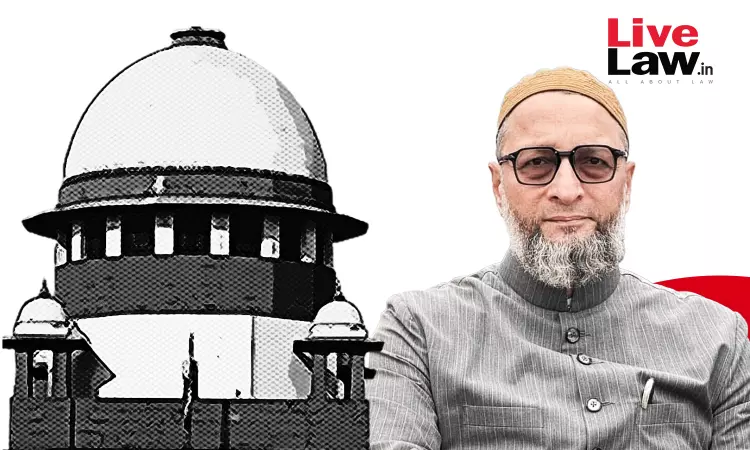Owaisi Challenges Waqf Amendment Bill In Supreme Court; Says It Strips Muslims Of Right To Manage Their Own Religious Affairs
Gursimran Kaur Bakshi
4 April 2025 5:54 PM IST

Owaisi also said that the provision invalidating waqfs over ancient protected monuments can create conflicts.
Next Story


